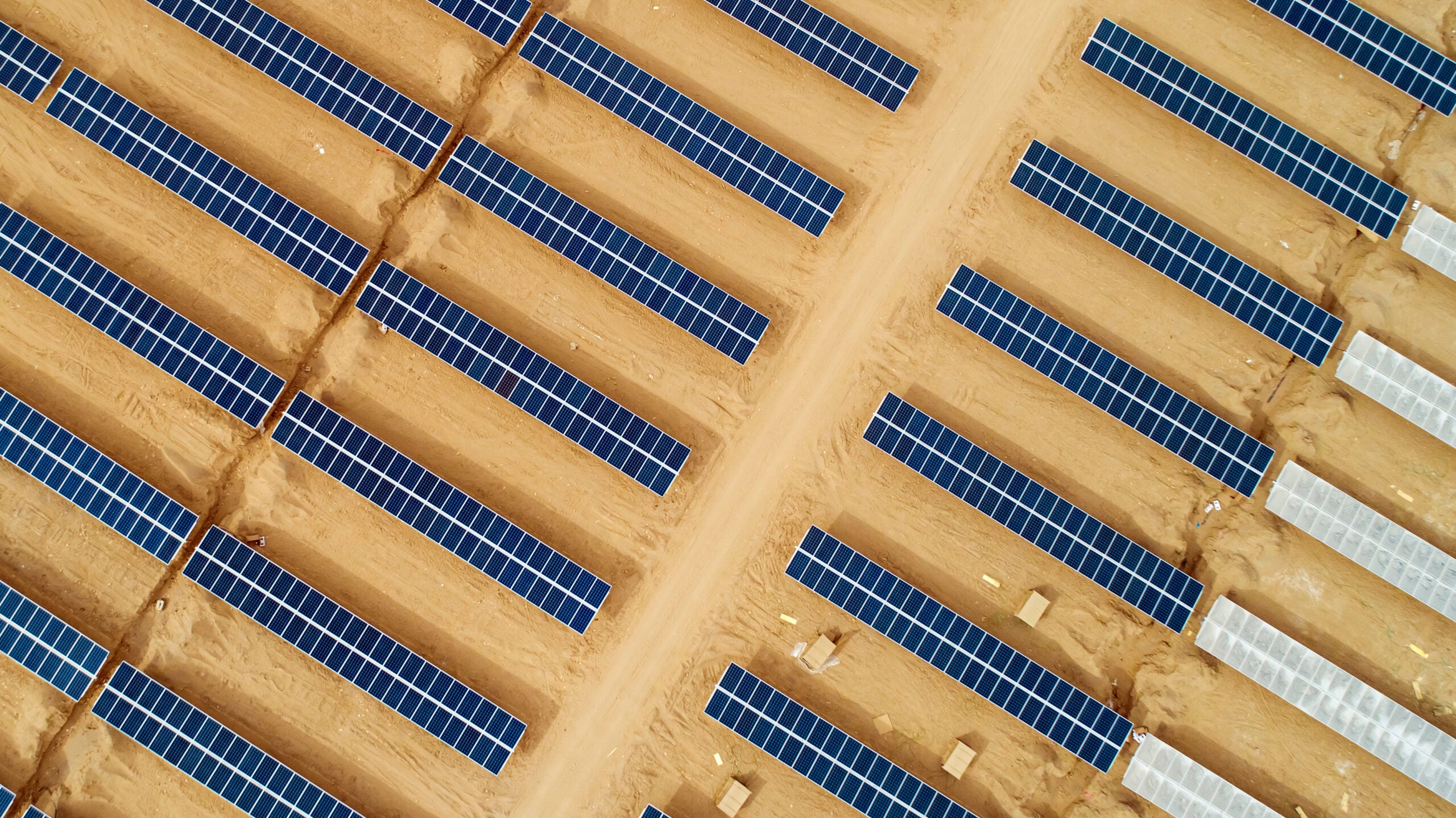The European Commission wants to make Europe the global leader in climate action and green transition.
Over a year ago, Covid-19 put an abrupt stop to everyone’s lives, bringing with it catastrophic health, social, and economic crisis. The one silver lining of this unprecedented situation is that it has forced countries to reflect on their socio-economic systems and the huge challenges ahead.
How well do you really know your competitors?
Access the most comprehensive Company Profiles on the market, powered by GlobalData. Save hours of research. Gain competitive edge.

Thank you!
Your download email will arrive shortly
Not ready to buy yet? Download a free sample
We are confident about the unique quality of our Company Profiles. However, we want you to make the most beneficial decision for your business, so we offer a free sample that you can download by submitting the below form
By GlobalDataAddressing climate change has emerged as one of the most pressing issues for governments, companies, and individuals, making sustainability the key theme of the decade, as Thematic Research predicted in its TMT Predictions report.
Even with the reduction in emissions caused by Covid-19, there has been an increase in extreme weather events such as the wildfires in Australia and California. These show that there is an urgent need for concrete long-term plans to solve environmental challenges, which need to harmonise public and private efforts to transition to a sustainable economy.
Governments and institutions have a leading role to play in this effort. Through public investment and regulation, they can spearhead this transition. This is precisely what the EU is trying to do, taking significant steps to reach its 2050 net-neutrality target.
Next-generation EU: the plan is in the name
In 2020, the European Commission approved a stimulus package of €750bn, which, together with the European budget of €1.1tr and three safety nets of €540bn agreed by Parliament and Council, will help member states recover from the pandemic-induced crisis that is plaguing the continent.
In a historic move, the EU will finance the additional funds by issuing European Sovereign Bonds, taking on debt on behalf of member states. This collectivises risks, enabling countries, especially in southern Europe, to secure funds at far more convenient rates. With this move, the union is creating new, positive debt to restart the economy, taking a Keynesian approach, which is in sharp contrast with its previous austerity policy.
The package has been purposefully named Next Generation EU for a very specific reason. To secure the funding, European governments will have to present detailed spending plans that align with Europe’s strategic vision for the future. They will have to prioritise the transition to a green economy, digitalisation, and social inclusion, making sure that the debt created today will translate into a Europe that works for the generations of tomorrow.
Within the framework of the green transition, strategic priorities in Europe include investments in environmentally friendly technologies, clean transport, decarbonisation of the energy sector, and ensuring buildings’ energy efficiency.
The progress in practice
A key deadline in securing the funding is coming up in April 2021, when European governments will have to present a definitive and detailed spending plan. So far, 19 countries had already submitted a first programmatic draft of the document, which needs to be updated, submitted, and reviewed by the end of April.
Member states have been working with the commission to meet their technical standards and see their plans approved. Italy’s newly elected prime minister, Mario Draghi, has created a new ministry for green transition while France committed a third of its €100bn recovery plan to the green transition.
The EU has laid strong foundations for the future, providing a constructive framework and a good part of the necessary resources. It is now the responsibility of member states to put together bold and concrete plans to advance the vision of Europe as a World leader in climate action.





Related Company Profiles
NextGenerationEU